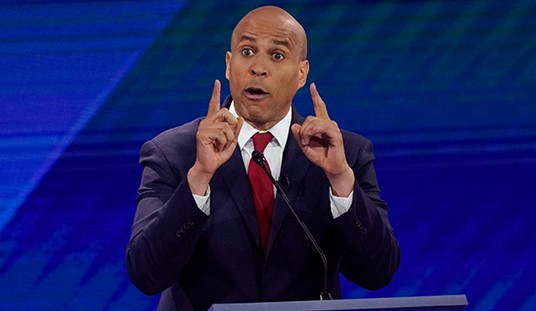While it may seem unfair to pay income taxes twice, Maryland residents have been doing so for years. That’s because unlike most other states, Maryland’s tax code does not provide a full tax credit for taxes paid to other states. This means anyone in Maryland who earns money in another state will pay that state’s income taxes, only to have Maryland levee county-level income taxes, without credit or deduction, on the same income. The result is that Maryland residents are unfairly double-taxed on income they earn out-of-state.
Fortunately, one couple in Maryland has had enough. The Wynnes, part owners of a healthcare company that operates in multiple states, are challenging the constitutionality of Maryland’s double taxation policy. The case, Comptroller v. Wynne, is set to be heard by the U.S. Supreme Court later this year and could have a big impact on state tax policies.
The Wynnes argue that while states have the power to tax their residents, this authority is limited by the Constitution’s Commerce Clause, which gives Congress the right to regulate commerce among the states. Over the years, the Supreme Court has interpreted the Commerce Clause to include a prohibition against states adopting certain protectionist policies that discriminate against interstate commerce. These include regulations and tax policies that favor in-state businesses at the expense of those out-of-state. For example, a state could not enact a special tax that only applied to out-of-state products, leaving products produced in-state with a competitive advantage. The Court has argued that if this sort of favoritism were allowed, states would tend to give special preferences to local businesses and adopt policies that increase the costs for out-of-state competitors, resulting in the economic balkanization of the states and wreaking havoc on the national economy.
While Maryland claims it does not discriminate against interstate commerce because it taxes both in-state and out-of-state income at the same rate at the county level, the Wynnes correctly argue that the effect of not granting a tax credit for out-of-state income is discriminatory, because it results in double taxation. When a Maryland resident earns money out-of-state, and the other state has an income tax, they have to pay income taxes twice, whereas money earned in Maryland is only taxed once. As such, Maryland’s refusal to grant full tax credits for county level income taxes discriminates against interstate commerce and violates the Commerce Clause.
Beyond constitutional concerns, this sort of double taxation penalty for engaging in interstate commerce is terrible economics. The American Legislative Exchange Council (ALEC), recently filed an amicus brief in the case on behalf of the Wynnes, detailing the detrimental effects of double taxation on businesses and families. The brief explains that double taxation of interstate commerce encourages people to only earn income in their state of residence. People end up forgoing opportunities in other states to avoid double taxation, resulting in less efficient allocation of labor and resources and reduced nationwide availability of labor, products and services. With less competition in the national marketplace, consumers are left with less choice and increased costs for products and services. In short, Maryland’s double taxation policy results in less interstate commerce and leads to tremendous economic disruption and inefficiency.
If the Supreme Court allows double taxation to continue in Maryland, other states may soon amend their tax codes to remove credits for income taxes paid to other states, meaning higher taxes for many Americans and a weaker economy for everyone. The Supreme Court should side with the fair and economically sound approach to disallow double taxation of a person’s income.
Ted Lafferty is a research analyst for the American Legislative Exchange Council Task Force on Tax and Fiscal Policy.













Join the conversation as a VIP Member